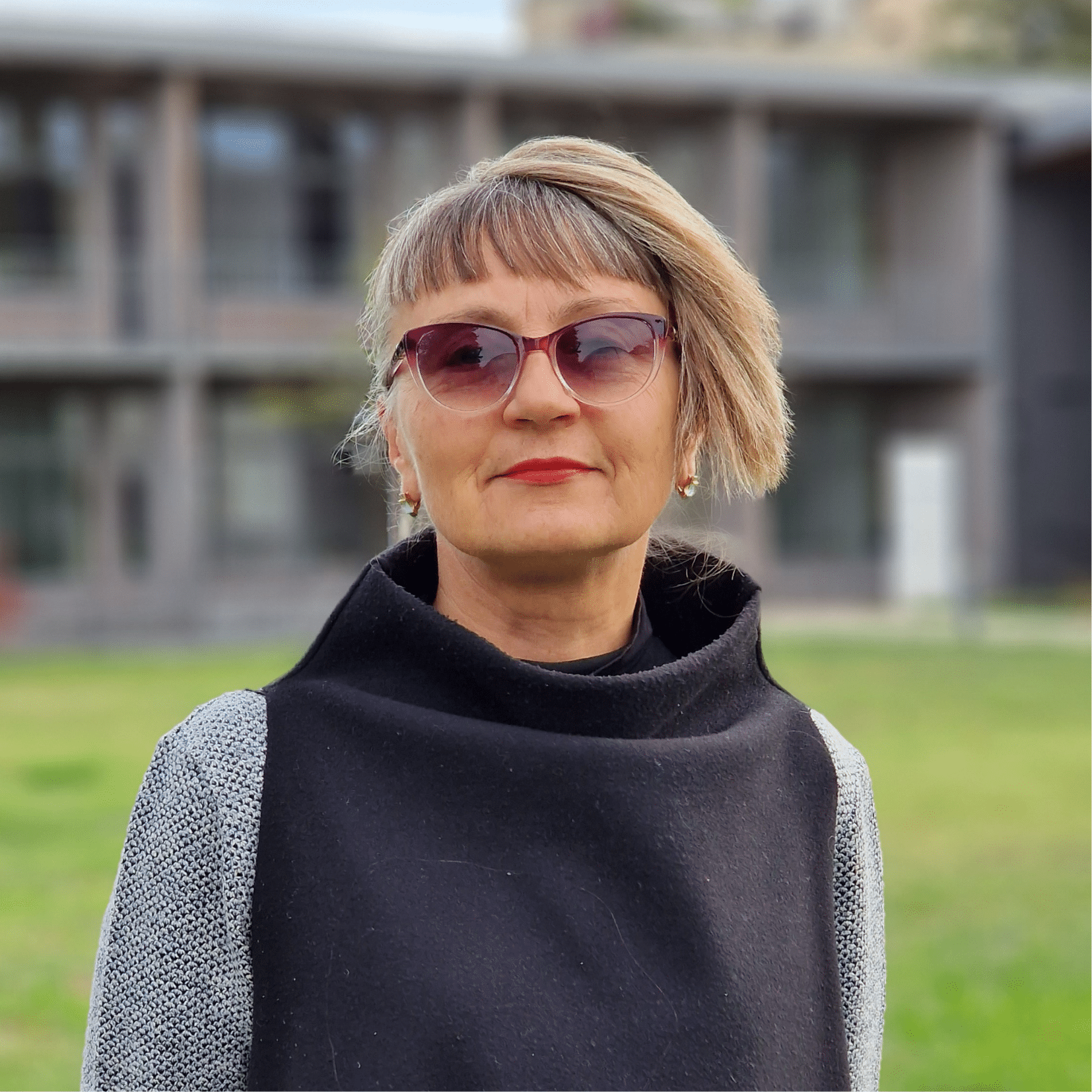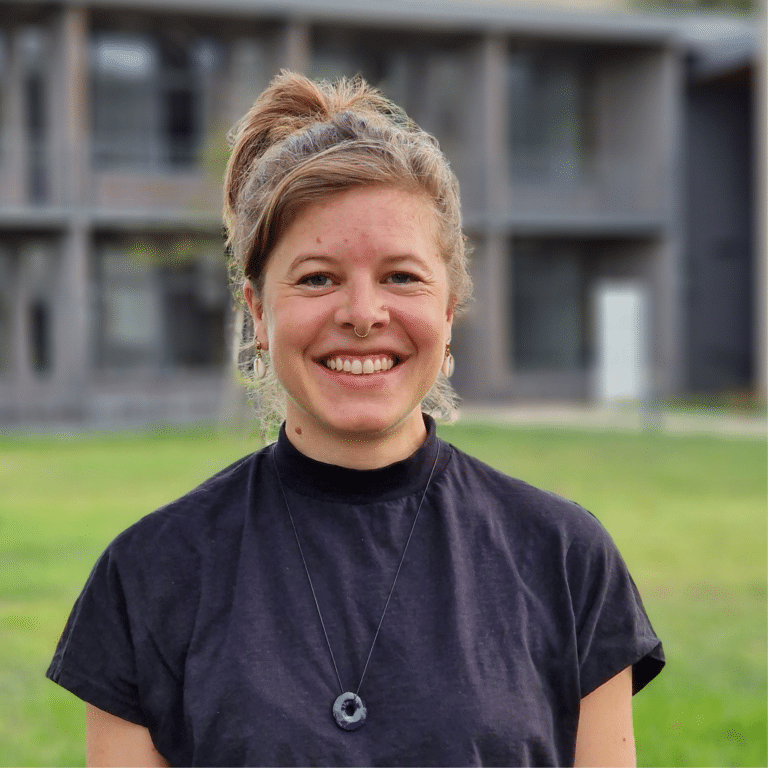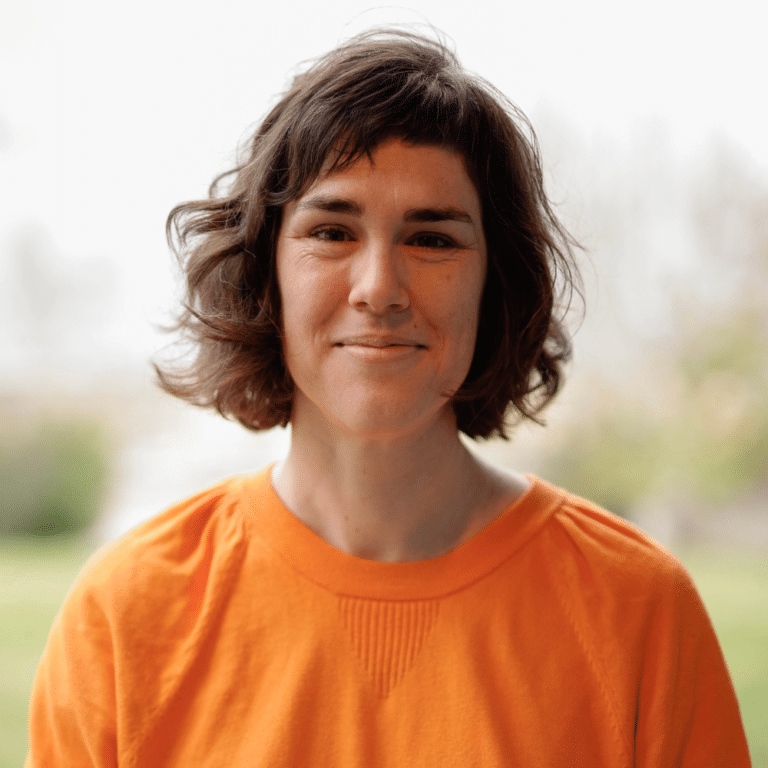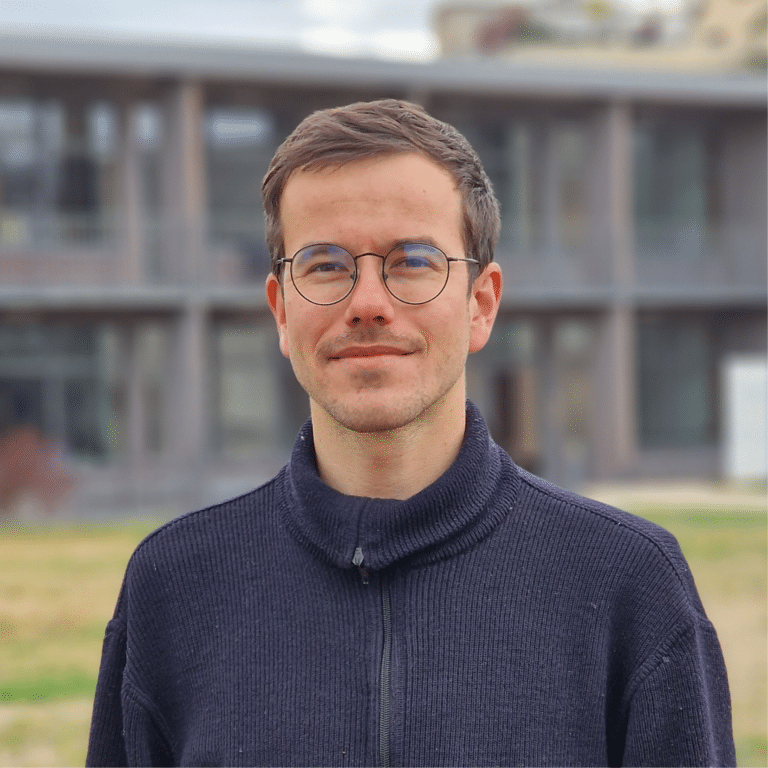Research project
“Metabolomics” with Ecodata of Biodiversity as Biomarkers of Environmental Changes
Summary of the research project
It is science-art project within a broad experimentation at the crossroads of theoretical research and art practice, such as data-driven moving imagery, live cinema and data visualization in spatial structure. Collaboration with Mediterranean Institute of Marine and Terrestrial Biodiversity and Ecology / Marine Station of Endoume and Mediterranean Institute of Oceanography in Marseille is oriented toward valuable impact by raising awareness around environmental protection, climate change and danger for biodiversity, preventing the loss of biodiversity, learning from micro structure of diverse underwater species in order to bring it into architecture design, searching for symbiotic future, exploring an ethics of companionship.
How art and technology can reveal the hidden layers? Art, engaged into cognitive practice socially and environmentally oriented, could shape society responsible for a sustainable future. Appealing different ecodata parameters from ecological and economic sciences: Biocapacity, Ecological Footprint, or Biological Wealth an art-science project will function as the translation of complex bio-chemical events into audio-visual “Metabolomics” data-driven installation, where the invisible and insensible, unimaginable can be made visible that people become aware of future loss.
Biography
Dr. Oksana Chepelyk is a leading researcher of the New Technologies Department, Modern Art Research Institute of Ukraine, Associate Professor of the National Academy of Fine Arts and Architecture in Kyiv, film director of the Ukrainian Documentary Film Studio, author of book “The Interaction of Architectural Spaces, Contemporary Art and New Technologies” (2009) and since 2007 a curator of International Festival of Social Sculpture, Kyiv. Oksana studied art in Kyiv, followed PhD course, Moscow, Amsterdam University, Banff Centre, Canada, Bauhaus Dessau, Germany, twice 2003-2004, 2010-2011 Fulbright Research Program at UCLA, USA. Awards: ArtsLink1997/2007 Award (USA), FilmVideo99 (Italy), EMAF2003 Werklietz Award 2003 (Germany), 2013 Venice International Film Festival, Final Cut, Italy (Cinemadamare Award), Artraker Award2013 (UK), Best Project2018 (Taiwan). Works shown: MOMA, NY; MMA, Zagreb; German Historical Museum, Berlin and Munich; Museum of the Arts History, Vienna; MCA, Skopje; MJT, LA; Art Arsenal Museum, Kyiv; “DIGITAL MEDIA Valencia”, Spain; MACZUL, Maracaibo, Venezuela, “The File”, Sao Paolo; 2015 – “Borderline. Ukrainian Art 1985-2004”, PinchukArtCentre, Kyiv; “The WOW: The-Refugee-Memorial”, The New Museum of Networked Art, Los Angeles, USA; LPM-2016/2017 Amsterdam; “Anonymous Society”, PinchukArtCentre, Kyiv; 2018 “Flashback. Ukrainian art of the 90th”, Art Arsenal National Museum Complex, Kyiv, Ukraine (catalogue); Kuandu Museum, Taipei, Taiwan; Gallery A 13, Soulangh Cultural Park Tainan, Taiwan (Best Project2018); “A Space of On’s Own”, PinchukArtCentre, Kyiv ; TiFF 2018, Tainan International Foto Festival, Gallery A4, Soulangh Cultural Park, Tainan, Taiwan; 2019 Ukrainian Pavilion, Arsenal, Venice Biennale, Italy; “Insatiable Mind”, Salisbury International Art Festival, Art Centre, Salisbury, UK; 2020 “Art + Feminism 2020”, Spazju Kreativ, Valletta, Malta.




